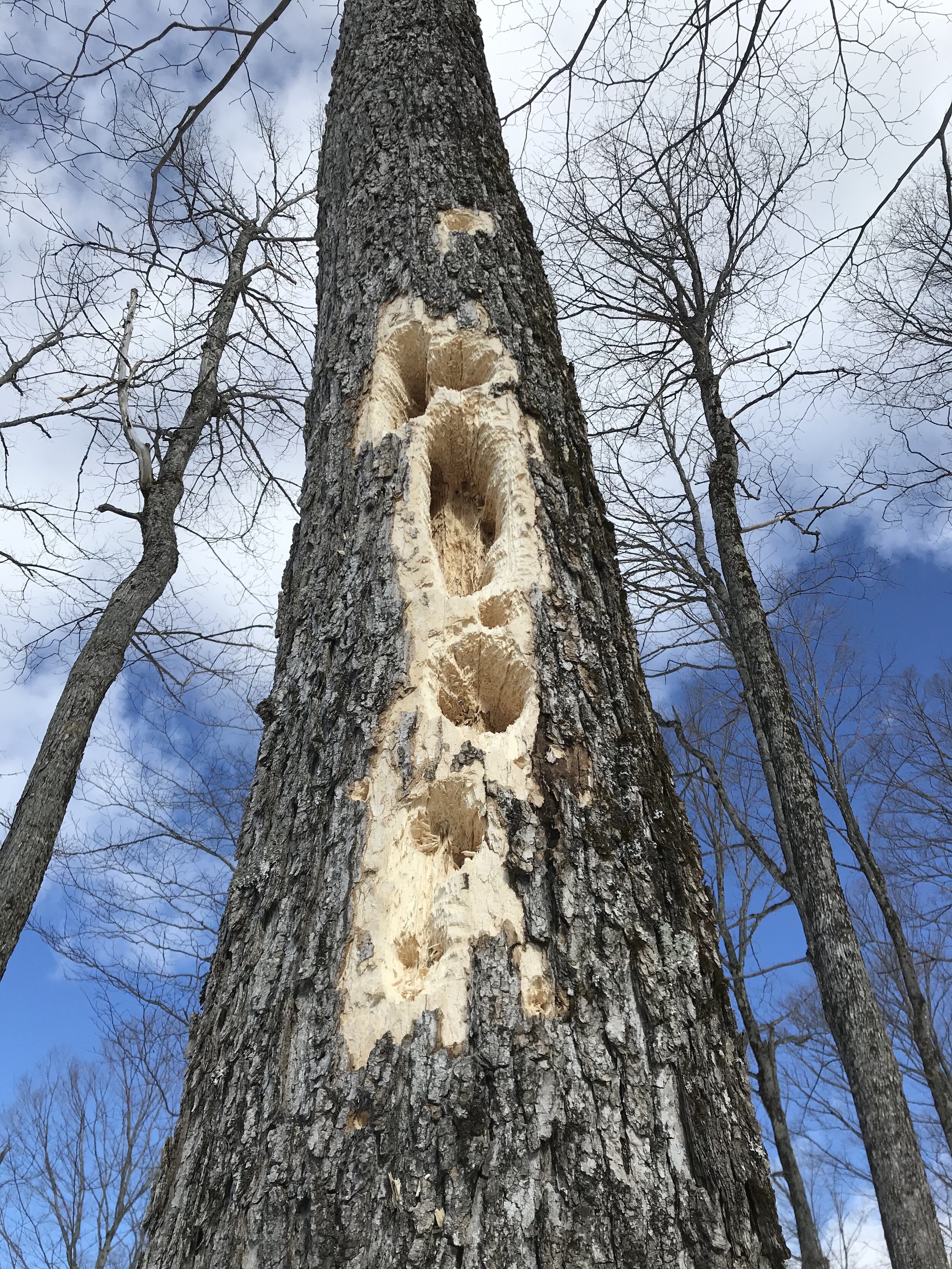
Defoliation & Recovery
In 2016, our forest suffered a devastating Forest Tent Caterpillar infestation that defoliated thousands of trees. Forest Tent Caterpillars (Malacosoma disstria) are a nomadic moth species native to North America. The hungry critters travel and feed together in massive groups, stripping entire maples of their leaves. Suddenly starved for light, the trees react by bursting out new foliage as they try to catch the final sunny days of summer. This emergency re-leafing depletes the trees’ energy reserves, which are desperately needed to survive the winter and bud again in springtime.
While many healthy adult sugar maples would have been able to withstand a single summer of defoliation, the Forest Tent Caterpillars returned again in 2017. Exhausted by the onslaught, we lost over 4,500 trees, or well over half of our entire sugarbush. In the years since, Mount Cabot Maple has seen a 62% decline in syrup production. The dead trees topple during storms or heavy snow, adding weeks of labor each year to our management of the sugarbush. Widowmakers hang in the canopy. Windy days are a no-go.
We’re always looking for partners in this lifetimes-long project of resilience. If you’d like to get involved in our reforestation efforts, preserve the art of small-scale sugarmaking, and ensure the prosperity of Mount Cabot, please don’t hesitate to reach out. We look forward to offering a more standard menu of educational and volunteering opportunities in the future, but are happy to welcome curious comrades in the meantime.
As the next generation of maple sugarmakers on Mount Cabot, we are committed to helping our forest recover and thrive. Because this sugarbush is wild, our best strategy to restore balance is to maintain biodiversity while encouraging young maples to grow and take the place of their dying elders. Time is our only other resource. Lifetimes will pass before the sugarbush appears as it once did, if at all. In the meantime, we will continue to produce the same incredible quality and flavor of maple syrup, and take only what is safe to ask of our trees each year.











